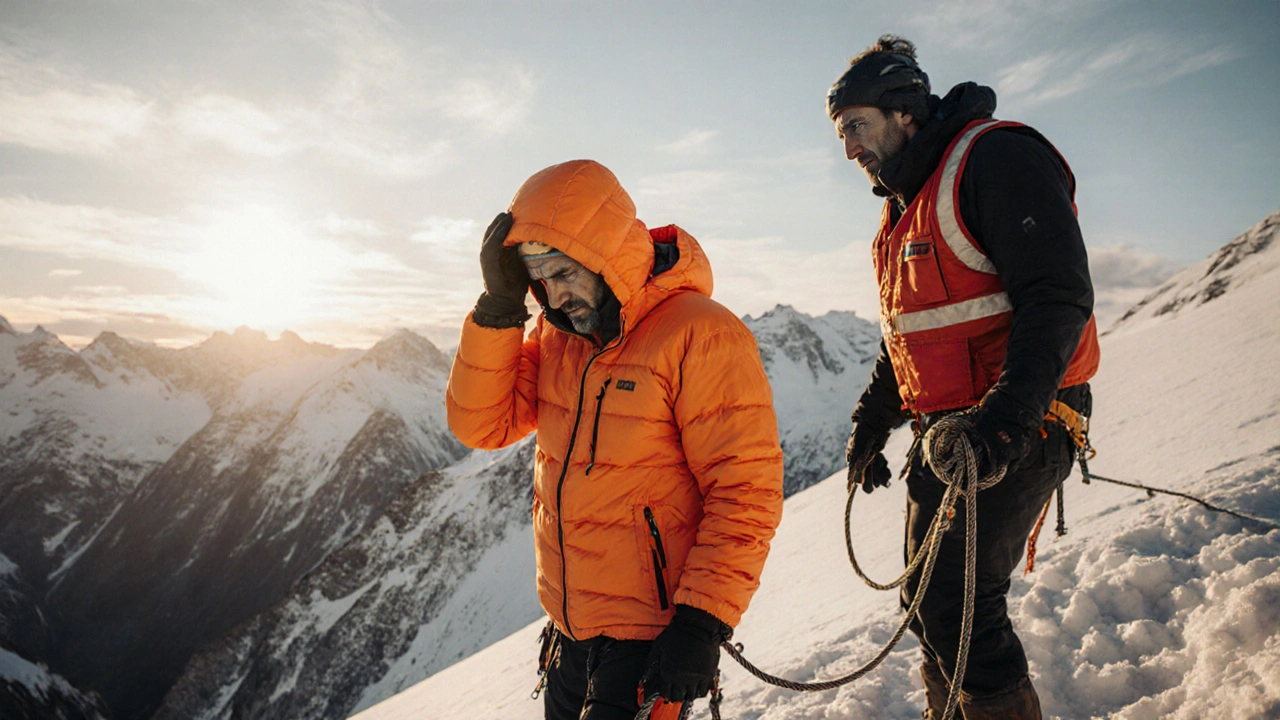Altitude Illness: What You Need to Know
When talking about altitude illness, a collection of health problems caused by rapid ascent to high elevations where oxygen is thin. Also known as altitude sickness, it can range from mild headache to life‑threatening swelling of the brain or lungs. Understanding the condition helps you decide when to rest, when to hydrate, and when medication might be needed.
Effective acclimatization, the body’s gradual adjustment to lower oxygen levels through slower climbs and rest days is the cornerstone of prevention. The faster you ascend, the higher the risk of high altitude pulmonary edema, a severe form of altitude illness where fluid leaks into the lungs, causing breathlessness and coughing. Symptoms often start with shortness of breath at rest, a rapid heartbeat, and a feeling of suffocation. If you notice these signs, descending a few hundred meters can buy time while you assess severity. For brain swelling, known as high altitude cerebral edema, confusion, unsteady gait, and severe headache signal a medical emergency that requires immediate descent and treatment.
When prevention falls short, medication steps in. Acetazolamide, a carbonic anhydrase inhibitor that speeds up breathing and improves blood oxygenation is the go‑to drug for mild to moderate symptoms of acute mountain sickness. It’s usually started a day before ascent and continued for a few days at height. For more serious cases, especially when cerebral swelling threatens, doctors may prescribe dexamethasone, a corticosteroid that reduces brain inflammation and can buy critical time for evacuation. Both drugs have clear dosing guidelines and known side effects, so a quick chat with a healthcare provider before you travel is essential. Armed with this knowledge—how the body reacts, how to climb smart, and which meds work—you’ll be ready to tackle the mountains safely. Below you’ll find detailed articles that break down each aspect, from symptom checklists to step‑by‑step medication guides.
Learn to recognize the life‑threatening signs of High Altitude Cerebral Edema and apply proven treatment steps, from rapid descent to medication and prevention.
View Details

